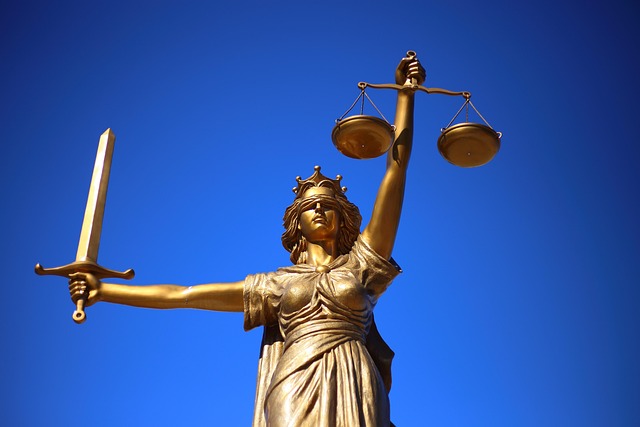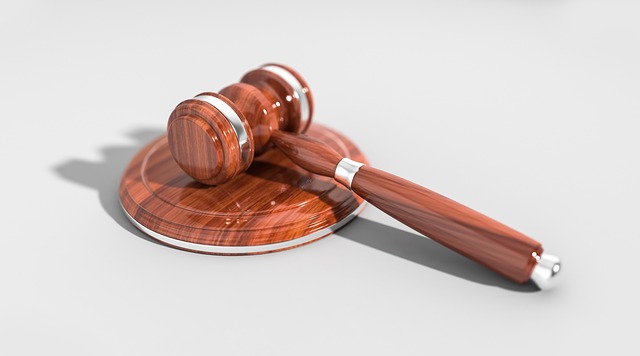The Washington County probate process ensures a structured legal distribution of an estate post-death, with court supervision and rights for clients to protect their interests. Appointing a reliable executor is crucial for managing complexities, while lawyers employ best practices to navigate asset identification and dispute resolution through mediation or arbitration. These measures safeguard client wishes and maintain fairness throughout the process.
Protecting client interests in Washington County probate cases is paramount for ensuring fairness and order during what can be a complex and emotional process. This article guides you through the intricacies of navigating Washington County’s probate system, highlighting critical rights and protections for clients. We explore best practices for lawyers, from understanding the local process to appointing trusted executors and managing complex assets. Learn how to effectively resolve disputes, ensuring client interests are safeguarded throughout every step of this challenging yet essential legal procedure in Washington County.
- Understanding Washington County Probate Process
- Client Rights and Protections in Probate
- Appointing a Trusted Executor: Ensuring Interest Protection
- Navigating Complex Assets: Best Practices for Lawyers
- Dispute Resolution: Safeguarding Client Interests in Washington County Probate Cases
Understanding Washington County Probate Process

The Washington County probate process is a structured legal procedure designed to ensure the orderly distribution of an individual’s estate after their passing. It begins with the filing of a petition in the local probate court, where a qualified personal representative, often a close family member or trusted friend, is appointed to manage the deceased’s affairs. This step is crucial as it triggers the official opening of the probate case and initiates the process of identifying and valuing the decedent’s assets.
Once the petition is filed, the court supervises every aspect of estate administration, including the gathering and inventorying of assets, payment of debts and taxes, and ultimately, the distribution of remaining assets to beneficiaries as per the deceased’s last will or state law provisions. Understanding this process is essential for clients to make informed decisions and ensure their interests are protected throughout the Washington County probate journey.
Client Rights and Protections in Probate

In any Washington County probate case, clients have specific rights and protections that are designed to safeguard their interests. These rights encompass a comprehensive range of legal safeguards, ensuring fairness and transparency throughout the process. Clients are entitled to be informed about all aspects of the probate, including the distribution of assets, potential disputes, and the overall administration of the estate.
Furthermore, Washington County probate laws provide clients with the right to object or appeal decisions that may negatively impact their interests. This includes the right to challenge will validity, contest beneficiary designations, and seek independent legal advice. Such protections empower individuals to actively participate in the probate process, ensuring their voice is heard and their best interests are maintained.
Appointing a Trusted Executor: Ensuring Interest Protection

When navigating the complexities of a Washington County probate case, appointing a trusted executor is paramount for protecting client interests. The executor serves as a key guardian, responsible for managing the deceased’s estate according to their wishes. A reputable and competent executor can safeguard assets from potential disputes or mismanagement, ensuring that the deceased’s legacy is preserved as intended.
Choosing an executor should involve careful consideration. It’s essential to select an individual with strong ethical principles, financial acumen, and a proven track record of reliability. In Washington County probate cases, clients often turn to experienced estate planning attorneys or trusted family members who possess the necessary skills and dedication to handle this delicate responsibility. This proactive approach guarantees that the executor understands their role and is committed to upholding the deceased’s wishes, ultimately protecting the client’s interests throughout the legal process.
Navigating Complex Assets: Best Practices for Lawyers

Navigating complex assets is a critical aspect of handling probate cases, especially in diverse jurisdictions like Washington County. Lawyers play a pivotal role in protecting client interests by employing strategic best practices. One key practice involves thorough asset identification and valuation. This meticulous process ensures every traceable asset, from real estate to financial holdings, is accounted for, thereby preventing potential disputes or omissions that could compromise the client’s interests.
Additionally, maintaining open lines of communication with clients and other stakeholders is essential. Regular updates on the progress of the probate ensure transparency and help manage expectations. Lawyers should also stay abreast of local Washington County probate laws, regulations, and any recent case precedents to navigate these complex matters seamlessly. This proactive approach fosters trust, ensures compliance, and ultimately safeguards client interests throughout the probate process.
Dispute Resolution: Safeguarding Client Interests in Washington County Probate Cases

In Washington County probate cases, dispute resolution plays a pivotal role in protecting client interests. When conflicts arise regarding wills, trusts, or estate distributions, prompt and effective resolution is essential to prevent prolonged legal battles that can incur significant costs and emotional stress for clients. Washington County courts offer various mechanisms, including mediation and arbitration, which provide alternative, more efficient, and often less costly means of resolving disputes compared to litigation.
These alternative dispute resolution (ADR) methods encourage collaboration among parties, fostering a mutually agreeable outcome. For instance, mediation facilitates open communication, allowing participants to express their perspectives and work towards a compromise. In arbitration, a neutral third party reviews the evidence and arguments before rendering a binding decision, offering a streamlined approach to resolving probate disputes in Washington County while maintaining client privacy and control over the process.






